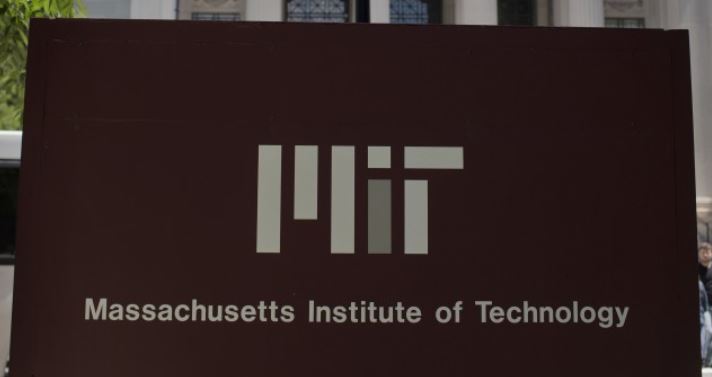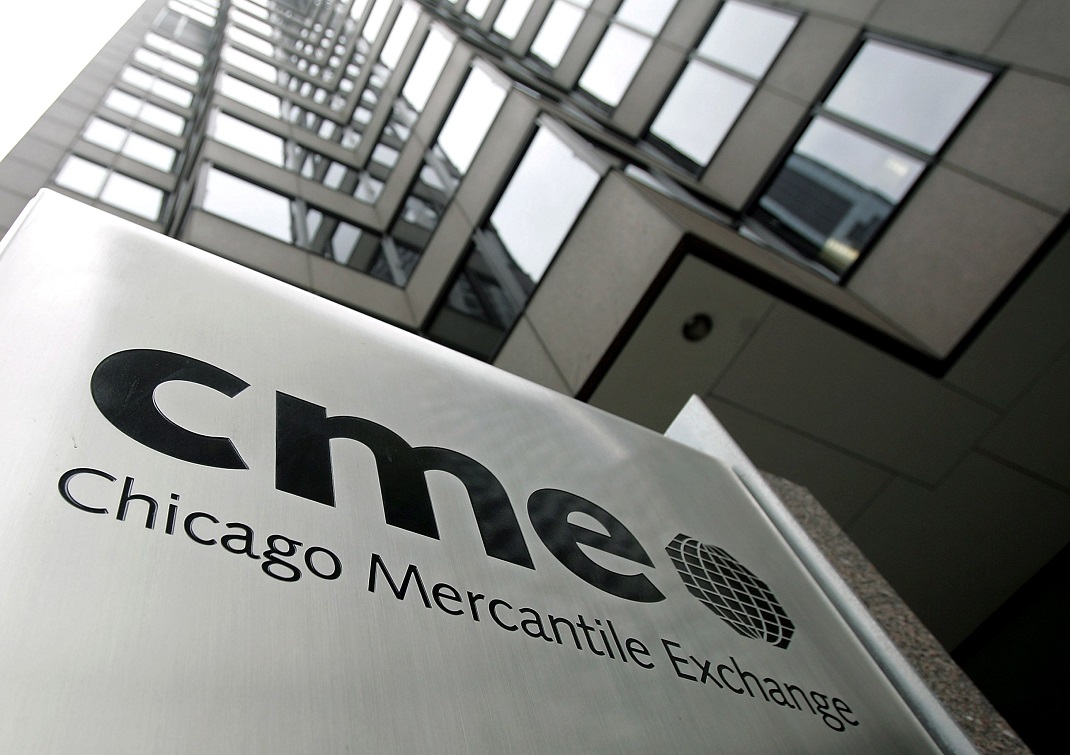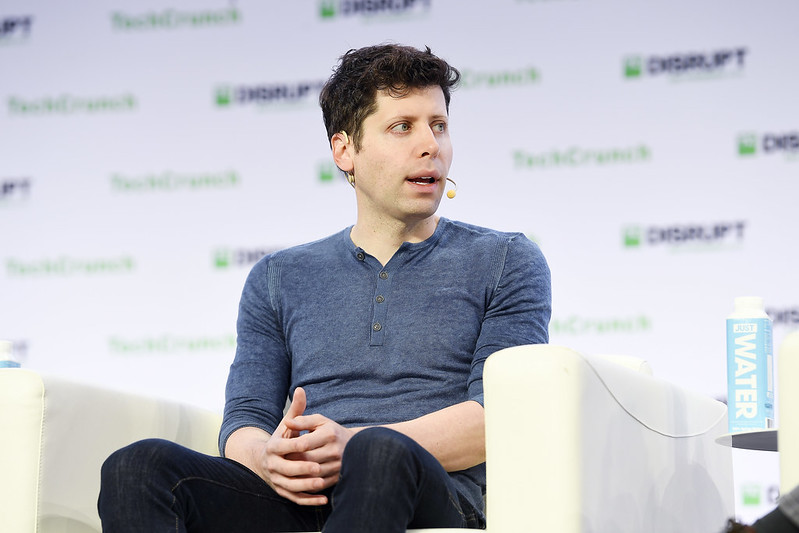A cutting-edge digital platform, named PArSEC, has just been unveiled by the collaboration of MIT's Digital Currency Initiative (DCI) and the Federal Reserve Bank of Boston. PArSEC, standing for "parallelized architecture for scalably executing smart contracts," is an open-source venture that aims at central bank digital currency (CBDC) applications.
The extraordinary speed of PArSEC is among its highlighted features. With the capability to manage 118,000 ERC-20 transactions every second across 128 hosts, it has outperformed many public blockchains. This efficiency opens the door to innovating compliance checks, supply chains, and even handling complex cross-border contracting.
Moreover, PArSEC's adaptability with ERC-20 tokens allows for interaction with various financial assets, such as tokenized securities, bonds, and repurchase agreements. The built-in support for virtual machines further streamlines the dealings between central and commercial banks, enhancing the versatility of this platform.
Despite its impressive performance, the platform's developers acknowledge the need for ongoing research. Issues concerning security, data migration, and key management tools demand continuous refinement. The topic of privacy within CBDCs, a thorny issue for the crypto community, remains an unresolved matter.
The crypto community's wariness around CBDCs, especially regarding programmability, is underlined by critics like crypto researcher Nikhil Raghuveera. Programmability could lead to government overreach, opponents claim, possibly restricting certain purchases or imposing conditions such as negative interest within a CBDC context.
PArSEC's genesis stems from research conducted in 2022 and represents another milestone in Project Hamilton. This project, a partnership between the DCI and Boston's Federal Reserve, concluded late last year after triggering concerns from a group of Republicans in the U.S. House of Representatives.
Although the Federal Reserve has consistently maintained that no CBDC would be initiated without Congressional approval, research like PArSEC continues to push the boundaries of what might be possible with digital currencies, raising both excitement and trepidation in the ever-evolving world of crypto.

























Comment 0